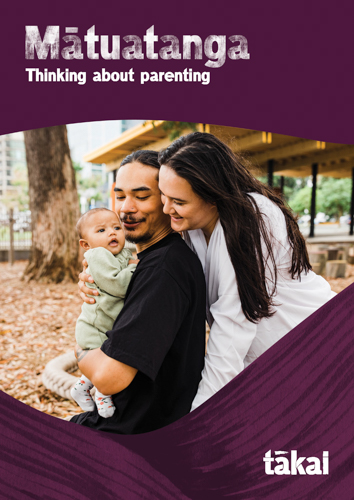
Making good memories
Experiences are crucial during childhood and memories are an important part of the learning process, influencing our entire lives. Making great memories with your child is important to help them understand and explore our world and everything in it.
Why do it?
- Childhood memories are represented in our brains by complex pathways of connections between brain cells, within and between many parts of the brain.
- The way we’re parented affects the way our brains develop, and whether we have good or bad memories.
- If we become aware of our own childhood and what influenced us, we’re more likely to be thoughtful about our parenting.
- If we can make sense of the way we were raised and how that has affected us, we’re more likely to raise our children using healthy strategies.
How to do it
Refer to Tākai resource Thinking about parenting, page 2.
- Think about your memories of childhood.
- Think and talk about the sorts of memories you’d like your child to have.
- What would you like your child to remember about their childhood?
- What can you do as a parent to make good childhood memories for your child?
Using more te reo Māori
| Te reo Māori | English |
|---|---|
| Roro | Brain |
| Mahara | Think about, consider |
| Whakamahara | Remember, recall |
| Tamarikitanga | Childhood |
| Whaiwhakaaro | Thoughtful |
| Mātua | Parent/parents |
| Wawata | Aspiration/dream |
| Āta whakaaro | Consider carefully/purposefully |
| Whanaketanga | A period of growing up, childhood |
| He aha ō wawata mō tō tamaiti whānau rānei? |
What dreams do you have for your child or family?
|
| He aha ētahi ō tō tino maumaharatanga i tō whanaketanga? |
What are some cherished memories from your childhood?
|
 pdf 11 MB
pdf 11 MB











